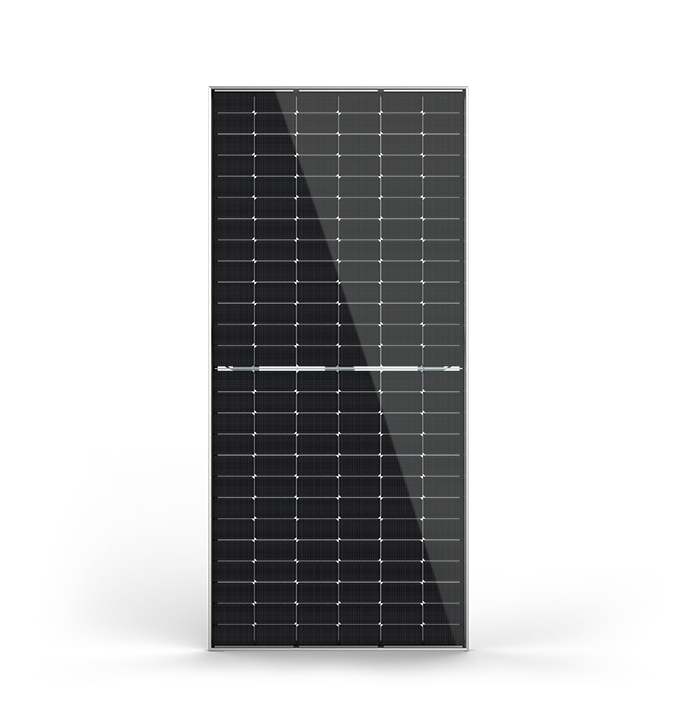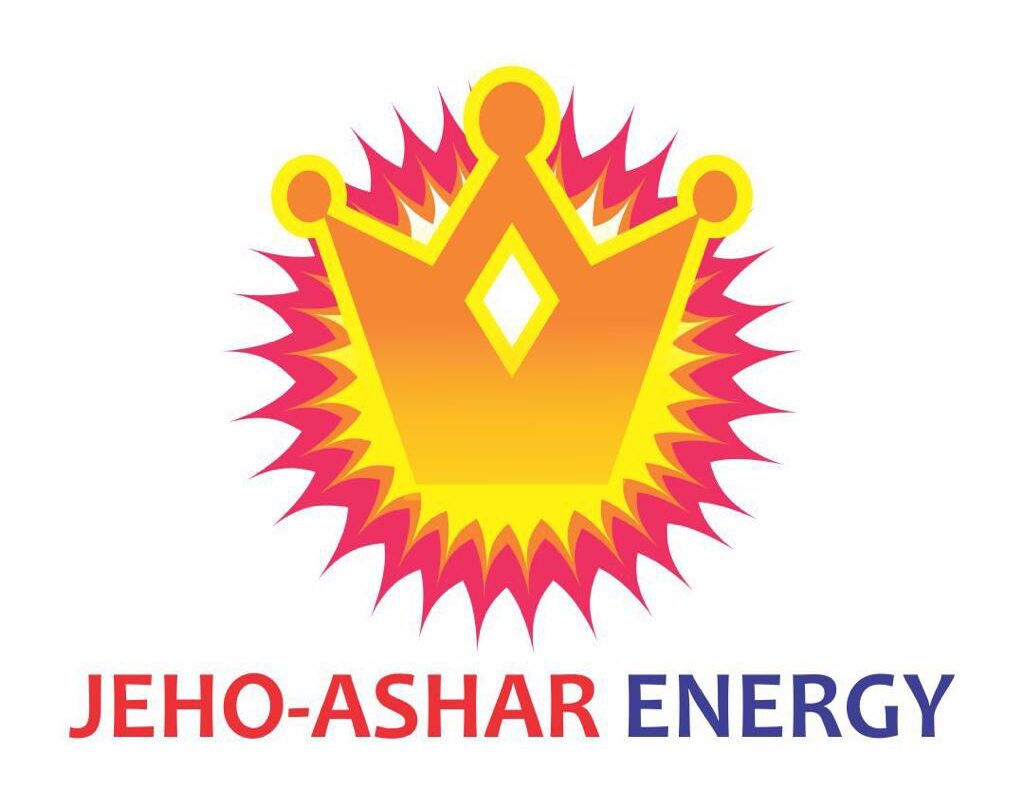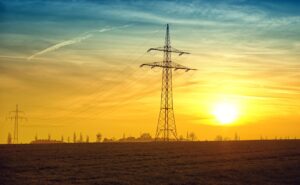🌞 How to Improve the Efficiency of Your Solar Panels
Introduction
Solar energy has become one of the most reliable and sustainable solutions to rising electricity costs and environmental concerns. Across the globe, homes and businesses are adopting solar power as a way to cut down on grid dependency, lower bills, and enjoy a cleaner energy source. But while solar panels are highly effective, their efficiency isn’t automatic—it depends on how they are installed, maintained, and used over time.
For many homeowners, the big question is: “How can I maximize the efficiency of my solar panels?” Efficiency here refers to how much sunlight your panels can successfully convert into usable electricity. A highly efficient system ensures you’re getting the best possible return on your investment.
In this article, we’ll break down the key factors that affect solar panel efficiency and share practical steps you can take to improve and sustain their performance. For your information, we at abujasolar, we are interested in you optimizing your solar panel efficiency when you purchase from us

⚡ Here are Proven Ways to Improve The efficiency of your Solar Panels
1. Keep Panels Clean for Maximum Sunlight Absorption
One of the simplest yet most overlooked ways to improve solar panel efficiency is regular cleaning. For example, during dry season Dust, dirt, pollen, bird droppings, and leaves can accumulate on the surface, blocking sunlight from reaching the photovoltaic (PV) cells. Even a thin layer of dirt can reduce performance by 10–20%.
- Tip: Clean panels every 2–3 months, or more often if you live in a dusty or rainy area.
- How to clean: Use a soft brush, sponge, or microfiber cloth with mild soapy water. Avoid abrasive materials that can scratch the glass.
- Safety first: If panels are roof-mounted, always prioritize safety. Consider hiring professional cleaners if the panels are difficult to access.
By keeping panels clean, you allow maximum sunlight penetration, which directly translates into higher power generation.
2. Ensure Optimal Tilt and Angle
Solar panels need to be positioned correctly to capture the maximum amount of sunlight throughout the day. The tilt and orientation of panels play a huge role in overall efficiency.
- Orientation: In the Northern Hemisphere, panels should generally face south, while in the Southern Hemisphere, they should face north.
- Tilt angle: The angle should match your geographic latitude for year-round efficiency. For example, if you live at 10° latitude, tilt the panels at about 10°.
- Seasonal adjustments: If possible, adjust tilt twice a year—steeper in winter to catch low-angle sunlight, flatter in summer when the sun is higher.
Proper orientation ensures your panels absorb sunlight consistently, reducing wasted potential energy.
3. Minimize Shading Effects
Shading is one of the biggest enemies of solar efficiency. Even a small shadow from a tree branch, utility pole, or nearby building can reduce output drastically. This happens because most solar panels are connected in series—so when one part is shaded, the overall current flow drops.
- What to do:
- Trim nearby trees regularly.
- Install panels in areas free from shade during peak sunlight hours (9 am – 3 pm).
- Consider using microinverters or power optimizers that allow each panel to work independently, reducing losses caused by partial shading.
By eliminating shading issues, you ensure consistent performance and longer system life.
4. Invest in High-Quality Components
Solar panels are just one part of the system. The efficiency of your entire setup also depends on other components such as inverters, batteries, and wiring.
- Inverter efficiency: A good inverter should have at least 95–98% efficiency in converting DC power from panels into AC power for your home.
- Cables and wiring: Use the right cable size to minimize power loss due to resistance. Poor-quality or undersized cables can waste a significant portion of generated energy.
- Batteries: If you use a storage system, high-quality lithium-ion batteries retain energy better and last longer compared to cheaper alternatives.
By investing in quality components, you minimize system losses and ensure reliable performance for years.
5. Monitor and Maintain Regularly
Solar panels are generally low-maintenance, but regular inspections help keep the system running efficiently.
- Visual inspection: Check for cracks, discoloration, or loose connections.
- Inverter check: Make sure the inverter display shows normal operation without error codes.
- Professional servicing: Have a technician perform a full check-up every 1–2 years.
Some modern systems come with monitoring apps that allow you to track energy production in real time. If you notice a sudden drop in output, it could indicate dirt buildup, shading, or a technical fault.
6. Install a Solar Tracking System
For those who want maximum efficiency, a solar tracking system can make a big difference. Instead of staying fixed, the panels move throughout the day to follow the sun’s path.
- Single-axis trackers: Move panels from east to west.
- Dual-axis trackers: Adjust panels both east-west and north-south, ensuring maximum exposure.
While trackers increase upfront costs, they can improve efficiency by 20–40%, especially in areas with long days of direct sunlight.
7. Temperature Management
It might sound surprising, but solar panels actually perform worse when they get too hot. High temperatures reduce the voltage of PV cells, lowering efficiency.
- Solutions:
- Ensure there’s at least a few inches of airflow space between the roof and panels.
- Consider light-colored roofing materials to reduce heat absorption.
- Install panels on raised mounts in areas with good ventilation.
By managing heat, you help panels operate at their optimal efficiency levels.
8. Upgrade When Needed
Solar technology is evolving rapidly. Newer panels offer better efficiency rates (up to 22–24%) compared to older models (15–18%). If your system is over a decade old, an upgrade could significantly boost your energy output.
- Options:
- Add extra panels if roof space allows.
- Replace older panels with modern high-efficiency models.
- Upgrade your inverter to handle improved panel capacity.
Though it requires investment, upgrading ensures you’re keeping up with the latest advancements in solar energy.
9. Optimize Energy Usage at Home
Improving solar panel efficiency doesn’t stop with the panels themselves. You can also maximize the benefits by managing how you use electricity in your home.
- Run heavy appliances (washing machines, irons, pumps) during peak sunlight hours.
- Replace old bulbs and appliances with energy-efficient models.
- Use smart plugs and timers to manage energy consumption effectively.
By aligning your energy use with solar production, you ensure less wastage and greater cost savings.
✅ Conclusion
Furthermore, to Improve the efficiency of solar panels is not just about the hardware—it’s a combination of installation quality, regular maintenance, smart technology use, and efficient home energy management. By cleaning your panels, optimizing their tilt, eliminating shading, and investing in quality components, you can significantly increase their output.
Solar energy systems are long-term investments, and just like any other valuable asset, they require care and attention. Even small improvements in efficiency can add up to huge savings over the lifespan of your system.
💡 Final Thought
Think of your solar panels as a living system that needs care, just like your car or home. When you keep them clean, position them correctly, and monitor their performance, they’ll reward you with years of reliable, cost-effective, and clean power.
By maximizing efficiency, you’re not only saving money—you’re also playing a vital role in protecting the environment for future generations. Solar power is more than an energy choice; it’s a commitment to sustainability.
So, if you’ve already invested in solar panels, take the extra steps to ensure they deliver their best. And if you’re considering going solar, remember: efficiency starts with good planning and continues with consistent care. 🌞⚡



